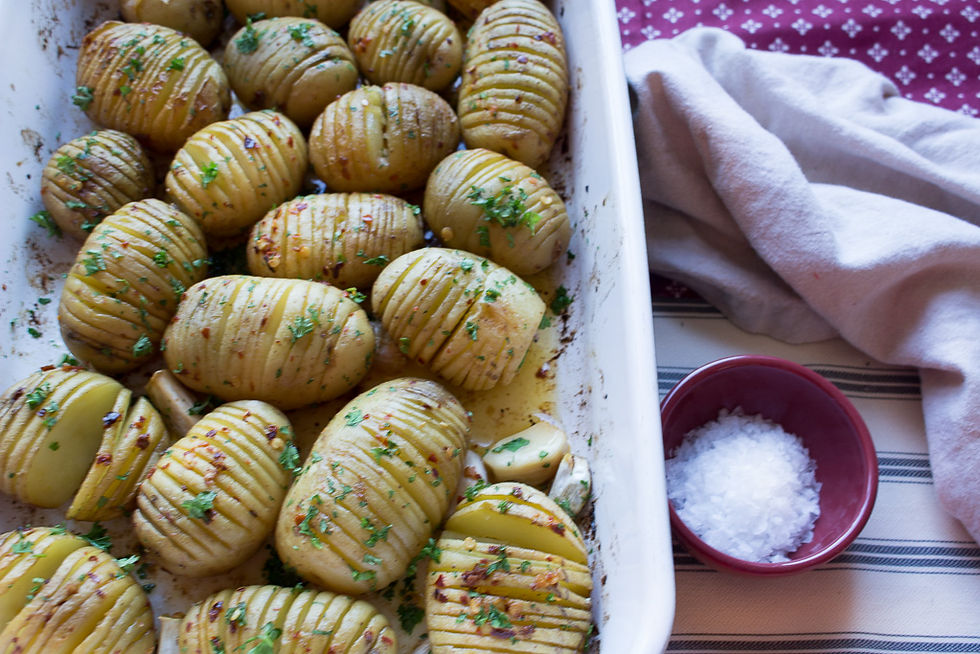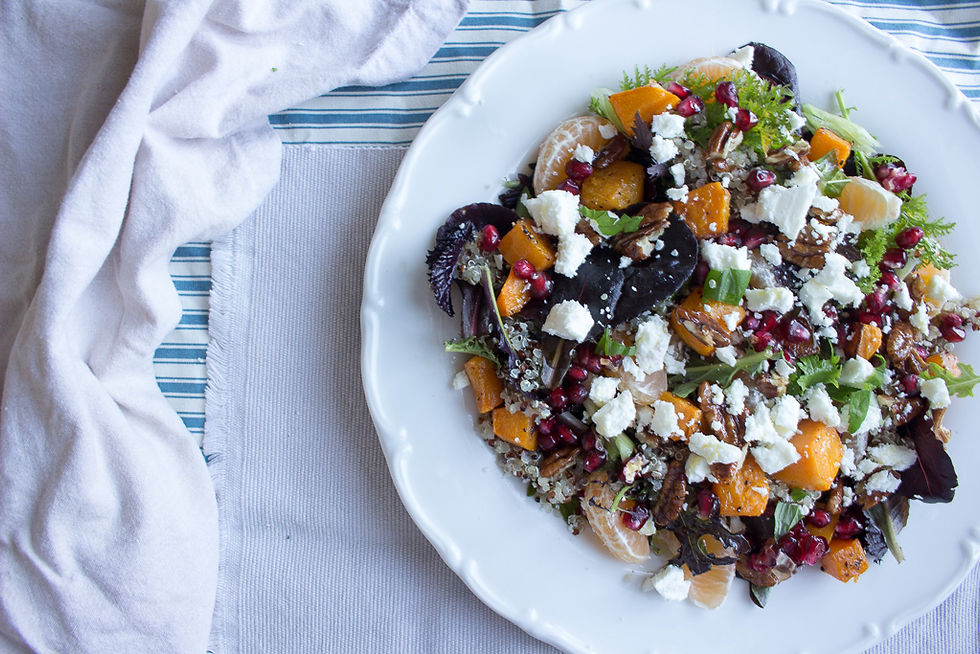Juicing: To juice or not to juice - My take on the growing juice movement
- The Honest Project
- May 13, 2015
- 6 min read

Juicing is becoming more and more popular to the point that it is becoming mainstream in most large towns and cities. Personally, I think this is such a positive thing and couldn't be happier about it. Wouldn't it be great to see cold pressed vegetable juice bars on every street corner, just like coffee shops. My personal experience of juicing is fantastic and for me, it is now part and parcel of my daily routine and drinking a green juice is as normal as having a cup of tea.
Some commentators refer to juicing as a new fashionable trend or as the latest faddy diet to bring about weight loss, terms that bring with them certain negative asssociations. Over the years food trends and special diets have come in to fashion with a bang and gone out just as quick. Diets such as the cabbage soup diet, the slimfast diet and others along these lines come to mind. Most of these diets have weight loss as the core objective. For me juicing isn't about weight loss, rather it is about health, energy and well being. It isn't a 'diet' in itself but rather juicing is something I do alongside a healthy diet to increase my intake of vegetable based nutrients. Juicing in a respsonaible way and in a way that suits the individual is a very worthwhile thing for many people. I guess this is why I hate to see juicing dismissed as faddy or just a fleeting trend.
In fact juicing has been around for decades with Norman Walker inventing the famous Norwalk juicer back in the 1930s. This juicer is still available today with many considering it to be the Rolls Royce of juicers. So juicing isn't a new invention and in actual fact people the world over have been juicing for a long time now. Perhaps it's just now that more and more people are realising its benefits and it's growing in popularity. This is how I like to look at juicing rather than seeing it as the latest fashionable thing to do.

Juicing programmes are sometimes referred to as detoxs or cleanses and it is perhaps these types of labels that cause issue with some people. I absolutely agree that no amount of green juice is going to do the job of our livers in terms of removing toxins from our body. But even for juicing's biggest critics, surely there is a middle ground. One where juicing can become part of our regular diets in a safe and responsible way alongside solid food. I look at labels such as detox and cleanse as marketing talk and don't pay too much attention to them. The food industry has been applying all sorts of labels and claims to its products for many years now as part of multi million euro marketing and advertising campaigns. As adults it is our responsibility to question these labels and claims, to educate ourselves on the food we eat and to figure out what works best for our bodies and lifestyles.
What I do pay attention to is how I feel when I am juicing. My approach to juicing is to juice alongside eating regular meals. Rather than looking at a juice as a meal in itself I drink juice in between meals, usually about an hour before my lunch and again an hour before my dinner. I love preparing and cooking food and I find juice only fasts very boring. I have done a few one day only juice fasts, not really intentionally but more when I was recovering after chemotherapy and had very little appetite. Now that my appetite is back, I think I would be super hungry and grumpy as well if I didn't have solid food. However, I know many people who swear by juice fasts and do them regularly, crediting their health, glowing skin and clear mind to these fasts. I definitely would not rule out doing them in the future, but for now I am happy to incorporate one or two green juices into my daily routine in addition to my regular meals.
Of course the benefits of juicing will be impacted by the other foods we put in your body. Most of the people I know who juice, tend to lead pretty healthy lifestyles overall. But we don't need to take an all or nothing approach to juicing. If you like to eat sugary things, processed foods and like to party at the weekends, juicing is still something that you can benefit from, just you will also be dealing with the impact of the processed and high sugar foods that you are consuming. It goes without the saying that the more unhealthy your lifestyle is the less benefit will be achieved from juicing. But rather than discourage those who tend to have unhealthy diets from juicing, sending them negative messages such as 'why bother' or 'there is no point as the rest of your diet is so unhealthy', I would rather encourage anyone who wants to introduce juicing in to their diets to do so, even if it's just one juice a week to start with. It's important to start somewhere and small changes can add up to big changes over time.

I predominently juice green vegetables to avoid high sugar hits from high sugar vegetables and fruits. For me juicing is an essential part of my diet. I feel much better when I am juicing, I look better, I have greater clarity of thought and I have lots more energy. Of course each to their own and while some may find juicing and all that goes with it careless and irresponsible, others swear by juicing and credit juicing for their health and wellbeing, weight loss, glowing skin and increaded energy.
I think the middle ground - the gound between, on one hand dismissing juicing as a faddy diet and on the other hand rejoicing its virtues from a high - is to look at juicing for what it is fundamentally. For me juicing is a way of getting lots and lots of nutrients from green vegetables in a quick and easily digestible way on a daily basis. I don't think anyone can argue that this is a good thing. It is definitely better than having a fizzy drink, or a conventional store bought juice, or a glass of wine or coffee surely. Granted I am still prone to a daily coffee.

I usually juice twice a day, so that means two glasses of all the nutrients contained in lots and lots of green vegetables in an easy digestible way. If I was to make a salad with these vegetables it would take me forever to eat it and I would probably get tired of eating it half way through. If I were to cook these vegetables, I still probably wouldn't eat them all in one sitting and anyway I would have lost a lot of the key vitamins, minerals and enzymes through the cooking process.
Juicing this amount of vegetables into a 500 ml glass of green juice allows me to get all of the key vitamins, minerals and enzymes in a quick and easy digestible way. It takes me about five minutes max to drink a juice.
One juice contains all of the vegetables pictured in the bowl. That's half a bag of spinach, half an apple, a lemon, a small handful of pea sprouts, a small handful of radish sprouts, half a cucumber and five stalks of celery. As I juice twice a day, that means in one day's juicing alone I get the following green vegetables every single day.
One large bag of green leaves (spinach, kale or swiss chard usually)
10 sticks of celery
1 cucumber
1 apple
2 lemons
1 large handful of pea sprouts
1 large handful of radish sprouts
2 cloves of raw garlic or 1 tumb of ginger
For me the answer to the question of whether 'to juice or not to juice' is most definitely 'to juice'. The reason why can most clearly be seen in the list of green vegetables set out above. If juicing is a way of getting the nutrients from this amount of green vegetables every single day in a quick and easy to digest way, well then juicing is a complete must for me. Happy juicing x








Comments